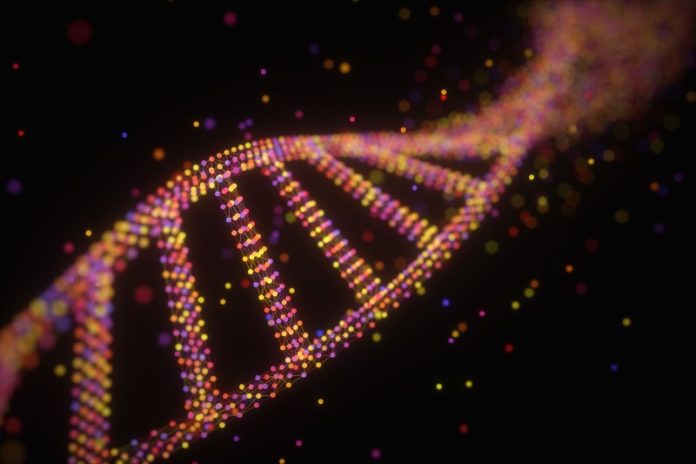For quite a few years, mainstream culture has been a little genetics-obsessed. People are getting tested for the BRCA mutation to assess their risk for certain cancers. Others are sending off saliva samples to discover their genealogy. People are even seeking out supplements specifically calibrated to their DNA.
Learning about your genetics can provide valuable information about your health. But it doesn’t tell the whole story. Many people believe that their DNA is set in stone from conception. But did you know that your genes change throughout your life? More people are becoming aware of epigenetics. Learn why you need to understand your epigenetics to get the whole picture.
What is Epigenetics?
To refresh your high school biology, DNA is a double chain of nucleotides contained in the nucleus of each and every cell. It provides the “instructions” for every aspect of your anatomy and physiology. It’s organized into sections we refer to as chromosomes.
Different genes in your body can be turned “on” or “off.” Scientists describe the behavior of different genes as their expression A mutation to a gene, for example, can change how it is expressed. Many different environmental factors overlay the basic working of your genes. That’s where epigenetics comes in. Epigenetics describes goes on with your DNA as you live your life.
Genes Change Over Time
Astronaut Scott Kelly spent one year on the International Space Station. His twin brother Mark, also an astronaut, stayed on Earth as an experiment to see whether or not there would be a change in Scott’s genetics. Upon Scott’s return to Earth, doctors tested his blood and found out that it had in fact changed.
TIME reports that they found “hundreds of unique mutations.” They also state that 97% of the changes were temporary but still 7% of genes have been altered possibly for the rest of Scott Kelly’s life.
You don’t have to travel to space to alter your genes, however. As the website What Is Epigenetics puts it, “What you eat, where you live, who you interact with, when you sleep, how you exercise, even aging – all of these can eventually cause chemical modifications around the genes that will turn those genes on or off over time.” Essentially what this means is that your environment and your interactions change your genetics.
How to Change Your DNA
Scientists are currently studying how diet affects gene expression. According to Scientific American, “Understanding that relationship could help researchers identify nutritional elements that might help prevent or treat diseases such as obesity, diabetes, coronary artery disease, cancer and Alzheimer’s.” The same article goes on to say that not only diet, but also exercise, environment, and mood might affect epigenetics.
Diets high in B vitamins seem primed for epigenetic alteration, according to the Genetic Science Learning Center at the University of Utah. This could be why pregnant women need significant folate to develop healthy babies. Both B vitamins and the amino acid S-Adenosyl methionine (SAM-e) help form epigenetic pathways in the body. These nutrients, given to pregnant mice, influenced the health of the offspring.
Some chemicals change DNA for the worse, such as BPA, a compound in some plastics that I’ve warned about previously. However, the studies described above also showed the nutrients in question could counteract the negative effects of the BPA.
Epigenetics and Cancer
Toshikazu Ushijima of Japan’s National Cancer Center Research Institute says that epigenetic mechanisms account for one-third to one-half of known genetic alterations in cancer. Bob Weinhold, writing for Environmental Health Perspectives, says that cancers of almost all types can be linked to epigenetics. Epigenetics influences tumor growth and progression. That sounds pretty bad, but the good is, knowing this allows researchers to tackle the problem.
A 2009 paper published in Molecular Cancer Therapeutics stated, “The reversal of aberrant epigenetic changes has therefore emerged as a potential strategy for the treatment of cancer.” They can now seek drug compounds that target enzymes responsible for epigenetic mutations.
We don’t have to wait for them to discover new drugs to start taking action, however. Proceedings of the National Academy of Sciences published a study showing how diet and lifestyle changes genetically altered prostate cancer in a group of men. Genes that controlled tumor growth and development became less active.
We already know that certain nutrients help to prevent cancer, while others appear to cause it. Now we know that perhaps that’s because the nutrients in those foods cause epigenetic changes in a person’s cells. So continue to eat right and pursue a healthy lifestyle. The choices you make affect your very DNA!





